Harry Potter and the Sorcerer’s Stone is charming, whimsical, and arguably the only installment of the series that genuinely boasts childlike wonder as opposed to the far darker and more sinister tones of The Chamber of Secrets and The Prisoner of Azkaban. Still, Harry Potter was able to flourish and improve with age on its side—a luxury infrequently granted to a lot of high-profile IPs, especially nowadays when a single movie or show’s season not performing perfectly could ruin its chances of franchise potential. If there’s any proof in the pudding that Harry Potter remains massively popular, it’s Hogwarts Legacy.
Star Wars is another example of a franchise IP that has monopolized the industry, though how it has chosen to structure its storytelling has been interesting, to say the least. By compartmentalizing itself into generational trilogies, Star Wars sullies its potential to extract other meaningful stories from those time periods without spin-offs scalping mainline entries for nostalgia bait and popular iconography. Harry Potter evaded this three-act entrapment by centering installments around each of the Boy Who Lived’s school years at Hogwarts, and it’d be fascinating to see Hogwarts Legacy do something similar.
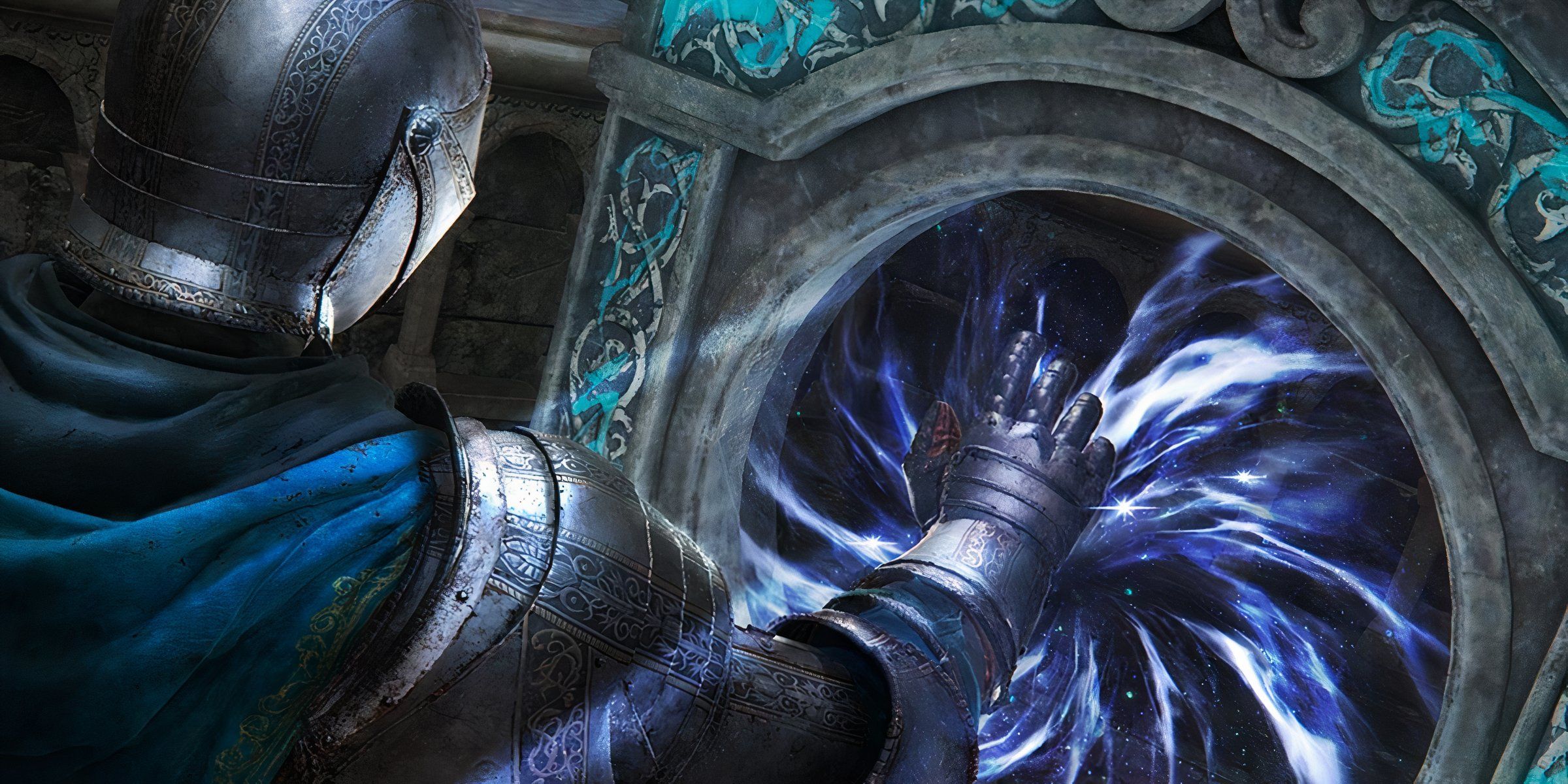
Related
A Hogwarts Legacy Sequel Could Have What It Needs to Adapt Elden Ring’s Waygate Teleporters
Elden Ring’s teleporter waygates and chests add immeasurably to exploration and a Hogwarts Legacy sequel could immersively include its own.
How Trilogies Fall Victim to Lazy or Rushed Storytelling
Trilogies are not inherently a poor way to tell branching stories across multiple installments, but despite their popularity they can be lackluster if the storytelling within them isn’t developed well. Many elements or arcs can feel rushed by the end, for example, and the whole premise of a trilogy is reductive as it infers that a lot of loose threads should be knotted or addressed in the span of three installments, which may not be enough time for every character or event to reach a satisfying conclusion. On the other hand, a trilogy might be the perfect amount of time with which to tell a story; it’s context-dependent and not an end-all-be-all solution.
The Fantastic Beasts spin-off series does, in fact, package itself as a trilogy, and it stands to reason that it was received disastrously in comparison to the ordinary Harry Potter movie franchise. Fantastic Beasts even draws some intriguing parallels to Star Wars’ sequel trilogy—both having promising and revitalizing beginnings (and Where to Find Them and The Force Awakens respectively), while their respective sequels were comparably divisive.
Hogwarts Legacy Can’t Sell Itself Shorter Than Harry Potter
Because Hogwarts Legacy follows a custom protagonist, it seems likely that a sequel to it would feature someone else entirely so it doesn’t need to canonically establish who they are, and as an anthology piece it would have sustained longevity. However, trilogies may be more practical from a game design standpoint considering how long it takes to produce even a single AAA game nowadays, and even then AAA franchises such as God of War are trimming blockbuster sagas down to two games in order to account for that colossal resource and time sink.
It would be disappointing if Hogwarts Legacy didn’t continue its original tale with a setting far removed from the influence of Harry Potter’s exploits, but tying Hogwarts Legacy’s sequel into the HBO show would be marginally better than restricting itself to a trilogy so long as it means Hogwarts Legacy has as many entries as it needs to tell whatever stories it wants to tell. Hogwarts Legacy can be a gold mine if Avalanche and Warner Bros. handle it with care, and a trilogy isn’t necessarily the best way to ensure that as many trilogies in the past have demonstrated.


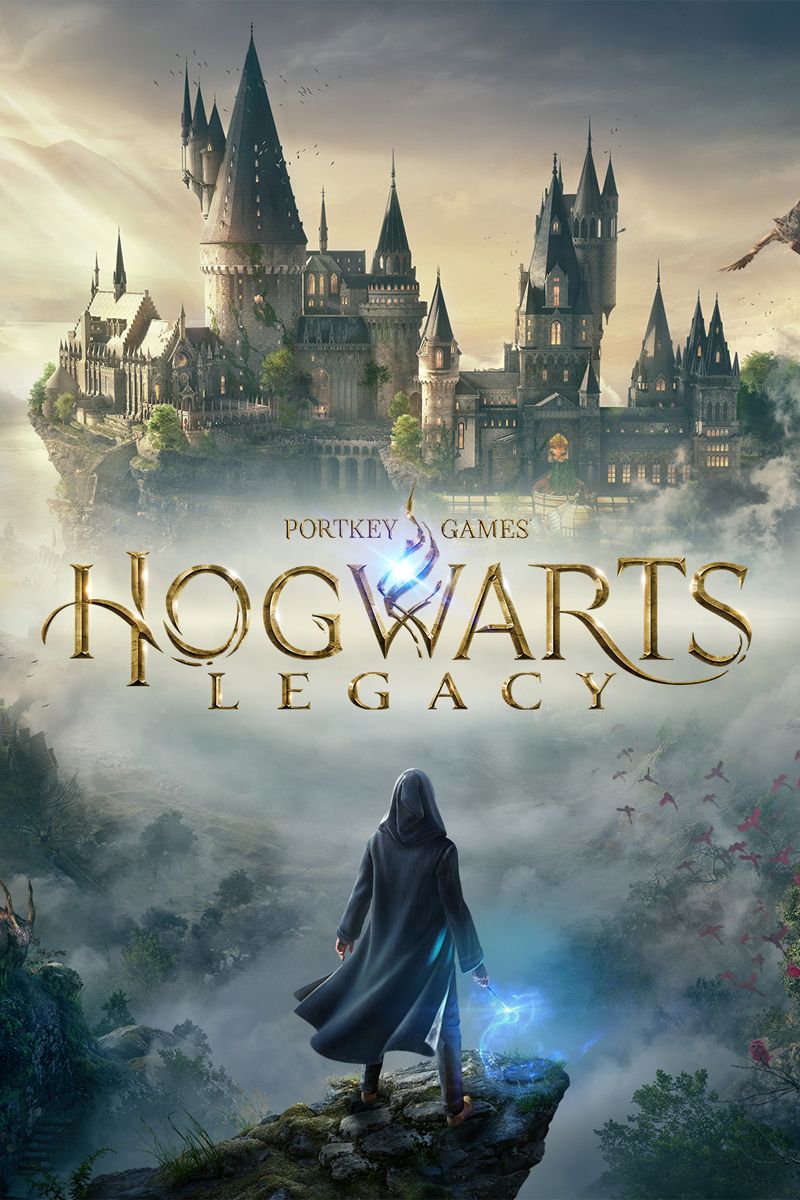
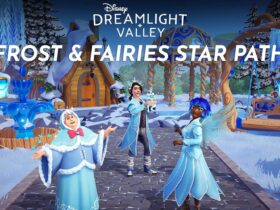

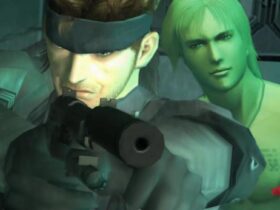
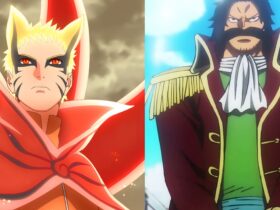
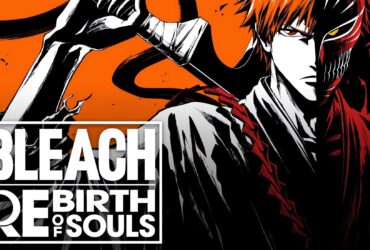
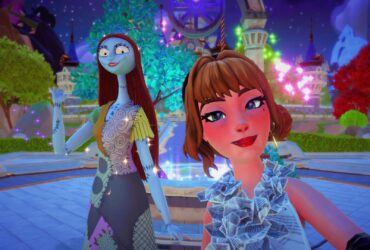

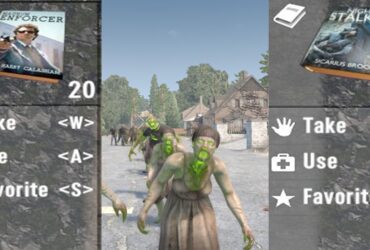
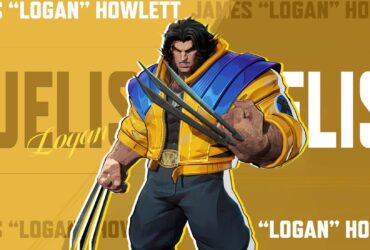
Leave a Reply